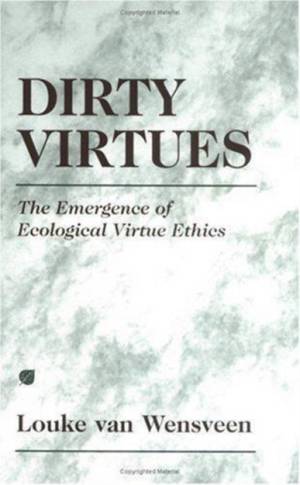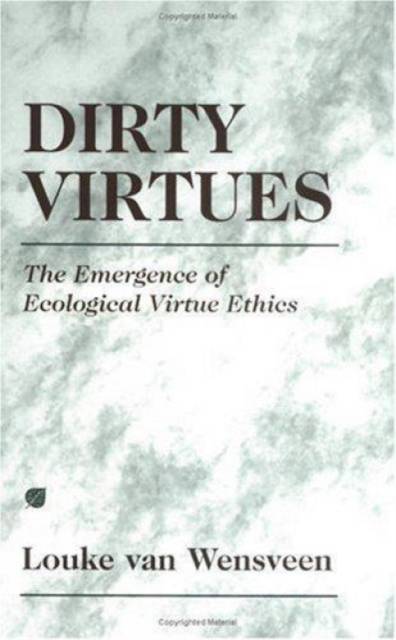
- Afhalen na 1 uur in een winkel met voorraad
- Gratis thuislevering in België vanaf € 30
- Ruim aanbod met 7 miljoen producten
- Afhalen na 1 uur in een winkel met voorraad
- Gratis thuislevering in België vanaf € 30
- Ruim aanbod met 7 miljoen producten
Zoeken
€ 106,95
+ 213 punten
Omschrijving
This is the first extensive study of ecological virtue ethics and the new rhetoric of environmentalists. Based on a wide-ranging survey of environmental literature, Louke van Wensveen offers an overview of current "green" virtue language and proposes the basic elements of a matching ecological virtue theory, dubbed "dirty virtues" by ecological philosophers.Environmental ethics is not exhausted by debates about the need to preserve rivers, our duties to bioregions, and the intrinsic value of nonhuman nature; rather, ecoliterature also contains a rich virtue language. Highlighting the integrity, diversity, internal tensions, dynamism, and visionary character of this ecological virtue language, the author shows both its historical roots and innovative features. Van Wensveen illustrates a widespread awareness of attitudes and habits that help or harm our relations with the nonhuman world. She includes a unique catalog of 189 virtues and 174 vices that mark the vision and praxis of people committed to ecological flourishing.The second part of Dirty Virtues presents carefully crafted criteria to help discern genuine virtue and vice in an ecological age. Her arguments are distinguished by a critical balance of moral sources, including Aristotelian virtue theory, Christian tradition, women's experiences, psychological theory, and metaphorical representations of nonhuman nature.Methodologically innovative and boldly interdisciplinary, Dirty Virtues will challenge and inspire virtue theorists, as well as environmental ethicists and theologians.
Specificaties
Betrokkenen
- Auteur(s):
- Uitgeverij:
Inhoud
- Aantal bladzijden:
- 198
- Taal:
- Engels
Eigenschappen
- Productcode (EAN):
- 9781573926492
- Verschijningsdatum:
- 1/12/1999
- Uitvoering:
- Hardcover
- Formaat:
- Genaaid
- Afmetingen:
- 140 mm x 216 mm
- Gewicht:
- 381 g

Alleen bij Standaard Boekhandel
+ 213 punten op je klantenkaart van Standaard Boekhandel
Beoordelingen
We publiceren alleen reviews die voldoen aan de voorwaarden voor reviews. Bekijk onze voorwaarden voor reviews.











